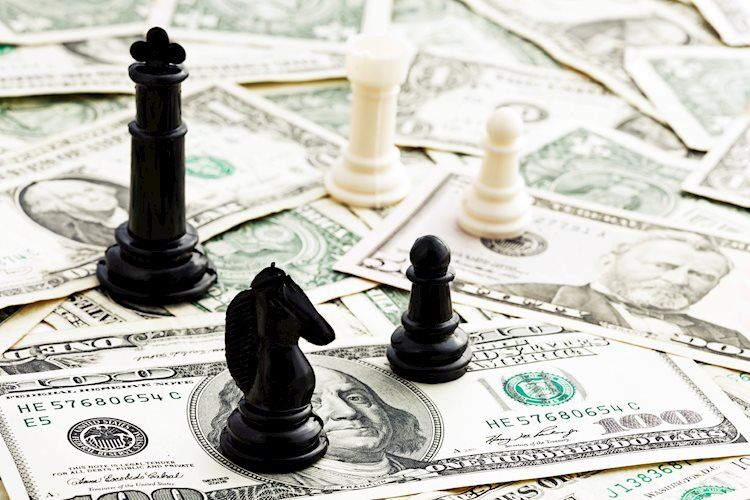LAST UPDATE 13:48
The ruble has jumped to a seven-year high against the euro as more foreign companies appear to be complying with Vladimir Putin’s demand to switch to the Russian currency for gas.
The ruble jumped up 9% against the euro, reaching its strongest level since June 2015. The Russian currency strengthened by 6.6% against the dollar to 58.0625 in Moscow.
Capital controls, the collapse of imports and rising energy prices left the ruble about 20% stronger than before the invasion of Ukraine almost three months ago. The gradual easing of market restrictions by the central bank has not been able to reverse the appreciation, which could become a problem for the budget, as much of the revenue comes from foreign currency.
In addition, many foreign Gazprom customers comply with Putin’s demands by opening foreign currency and ruble accounts with the gas giant’s lending arm, Gazprombank, to transfer funds for conversion.
“Euro-ruble trading volumes are very high,” said George Vaschenko, head of operations at Russian Finance Exchange LLC. “It seems that this was caused by the conversion into rubles of hard currency revenues from Russia’s gas exports to Europe.”
Trading in euros against the ruble on the Moscow Stock Exchange more than doubled in volume on Thursday compared to the previous day, according to data from the Moscow Stock Exchange.
Under the new mechanism, Russian gas importers will have to open two accounts with Gazprombank to process fuel payments. About half of Gazprom’s more than 50 foreign customers have already opened such accounts, Deputy Prime Minister Alexander Novak said earlier this week.
He did not specify which companies or countries have complied with the new payment mechanism, saying only that some of Gazprom’s major customers have either paid for deliveries or are willing to pay on time, avoiding any disruption to the flow of gas.
Last month, Gazprom cut off gas supplies to Poland and Bulgaria for non-compliance with Putin’s decree. Finland has said there is a “real risk” that its gas flows will stop this week as it refuses to pay in rubles.
“The exchange rate could potentially be further strengthened,” Evgeny Koshelev told Rosbank. “Liquidity overflow in hard currency can not be absorbed by domestic means – banks are less and less interested as there is no demand, the population has no way to use it.”
Source: Capital
I am Sophia william, author of World Stock Market. I have a degree in journalism from the University of Missouri and I have worked as a reporter for several news websites. I have a passion for writing and informing people about the latest news and events happening in the world. I strive to be accurate and unbiased in my reporting, and I hope to provide readers with valuable information that they can use to make informed decisions.






